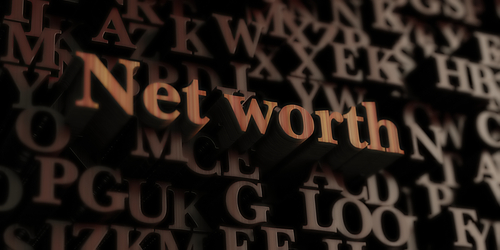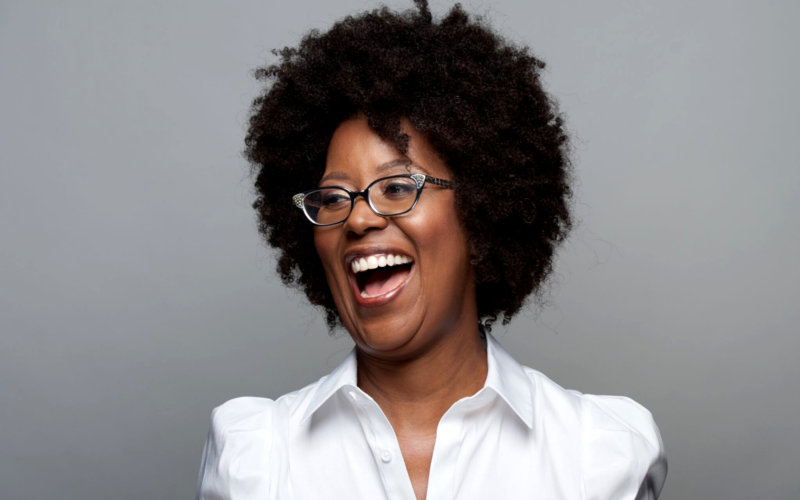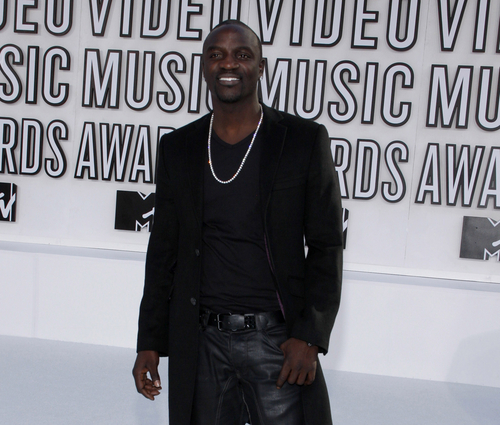There was no place to hide in September. Stocks dropped, gold dropped and crypto dropped. And just when you thought September had done its worst, on the very last day of the month, the market took another 540-point dive.
The September Effect is very real. I’m glad it’s over. But wait…is there an October Effect? Yes. Is it going to be scarier than the September effect because… well, it’s October?
Turns out, October does have a nasty little history of its own; the 1907 panic, Black Monday in 1929 and Black Monday in 1987 all happened in October. However, it seems October has managed to turn things around recently. And by recently, I mean over the past 50 years. You see the Dow has gained 60 percent with an average gain of 0.5 percent over the last 50 years. A little perspective on that 60 percent: “Very likely” means greater than 90 percent, “Likely” means greater than 66 percent. “More likely than not” means greater than 50 percent. Yes! The market is more likely than not, going up in October. Now we can all rest easy.
Squid Game
Speaking of odds and percentages, did anyone try and figure out the odds of winning Squid Game? Here’s the math: There were 456 players, creating a 1-in-456 chance of winning (better odds than the lottery). So there is a 0.22% chance of winning and a 99.7% chance of losing. Why would anyone play a game where they have more than a 90% chance of losing? The answer: Financial desperation.
I have had several up close-and-personal looks at financial desperation. One time, I was going out to eat with friends. We had to pick up one of our friends at her job. When we arrived, she was hysterical. Someone hit her parked car and knocked off her driver’s side mirror. I casually told her, “No worries!” I knew an excellent auto body guy and I would go with her to get it fixed the next day. Perhaps, I was too cavalier when I said it because she proceeded to give me a piece of her mind (got totally in my personal space while doing it). I managed to diffuse the situation and we actually made it to the restaurant and had a good time.
Fast-forward many years later this friend and I reconnected. I brought up the “broken mirror incident” and that’s when she shared all of her financial pain and desperation. She didn’t have enough money to get the mirror fixed and she lashed out in frustration. She made really good money. But her habits brought her (and continues to bring more than 60 percent of the U.S. population) to the altar of financial insecurity and desperation.
The chains of habit are too light to be felt until they are too heavy to be broken.~Warren Buffet
I believe nothing is a problem until it becomes a (bad) habit. The trick is identifying the habit or habits that are certain to become a problem in the future. If you are in the habit of spending more than you make, then it is “very likely” that you can look forward to a life of financial fragility, poor credit, bankruptcy and repossessions. If you are in the habit of not saving for retirement, it is also “very likely” that you will have to work until you can’t work anymore, live way below the standard of living you were accustomed to and/or you could end up homeless.
Or…you can spend less than you earn, build an emergency fund, work to max out your retirement accounts (401k, IRA(ROTH and/or Traditional) and enjoy the fruits of your labor knowing that it’s “very likely” you won’t have to work until you’re 75 or dead, you will not have to depend on the government or family for your existence and you’ll be able to maintain the standard of living you are accustomed to, long after you’ve retired.
More statistics to that you should avoid being a part of:
- About four-in-seven Americans are financially illiterate and report being unable to manage their finances. (Walden University)
- Nineteen percent of Americans report spending more than their income in the past year. (FINRA Investor Education Foundation)
- African Americans have a lower level (41 percent) of financial literacy than the national average (48 percent). (Walden University)
- Financial illiteracy cost each American $1,600 on average in 2020 and $415 billion collectively nationally. (National Financial Educators Council)
- Virginia, Utah and New Hampshire are the most financially literate states. Mississippi, Alaska and Louisiana are the least. (Wallet Hub)
- An immigrant status lowers financial literacy exam scores by about 27 percent. (Ohio State University)
- Incarcerated women have the highest rates of poverty when compared to incarcerated men and the general public. (FINRA Investor Education Foundation)
Here’s to doing everything in your power to grow your wealth and not take part in Squid Games!
Okay, time for the September net worth update:

Cash Accounts
Checking $ 500.00 (no change)
Savings $ 5,905.00 (-$155)
Business $ 35,5000.00 (+$1,700)
MM/E Fund $ 33,389.00 (+$610)
Taxable Investment Accounts
Ally Brokerage $ 40,600.00 (-$271)
Investing MM $ 100.00 (+$100)
Vanguard $ 5,500.00 (+$34)
Acorns $ 2,750.00 (+$19)
Tax Advantage/Retirement
SEP IRA $17,600.00 (+170)
Bonds $ 22,157.00 (+$241)
Traditional IRA $ 51,750.00 (-$708)
$215,751.00
Liabilities: Credit Cards: $0.00
September, as you can see, was rough. My losses would have been greater but the market shot up a couple of times before it crashed again on the last day of the month. The only reason I’m ahead at all is because I’m still a big believer in cash and bonds. With inflation running high, most people believe cash and bonds are a waste of time. But I’m here to say there is always room for whatever is going to cushion the blow when the market drops.
- Credit Card: It seems my thrifty August ways went out the window. I found myself in the mall a few times this month. It was truly an out-of-body experience when I went to the register and said “put it all on my card.” Maybe I thought the market was going up and not down. At any rate, I paid my credit card bill in full.
- Checking: I forgot to turn in an invoice for a side gig that I picked up last month so there was nothing extra going in, just bills coming out.
- Savings (P-to-P): I borrowed money from myself to pay off my credit card in full. My monthly budget for wants and needs is $500 and I went over it by $150. So this account is down $150. This is the first time this account has been down in more than a year.
- Traditional IRA: I’ll be adding extra money to this account so that it is maxed out by December. It will be the first time that I ever maxed it out in one year. It usually takes me until April the following year to max it out. I’ve been doing it that way for years. But I’d like to tighten things up a bit.
- Business Account: This account benefited from me not buying the dip and continues to accumulate and gives me options.
- The E/Fund: This account continues to grow undisturbed. Still waiting for the Feds to make a rate hike so that interest on savings improves
- Ally (taxable) Brokerage: This account is finally over $40K. I had dreams of hitting $50K by the end of the year, but it seems the stock market is not going to cooperate. Hopefully, I get to $45K by year end.
September felt like a 12-round fight. But I managed to come out ahead. All of my investing in September was automatic. I bought a few stocks that I’m working to build an income stream from. But I didn’t go crazy buying the dip.
I’m sticking with my plan.
Remember, it is a fight to build wealth no matter where you are in the process. Everything around us conspires to take money out of our hands. But you must fight the good fight. Continue to save, invest, and grow your net worth even when it seems impossible. Save your pennies (copper) until they become dollars (cotton).
Originally posted 2021-10-18 08:00:00.








